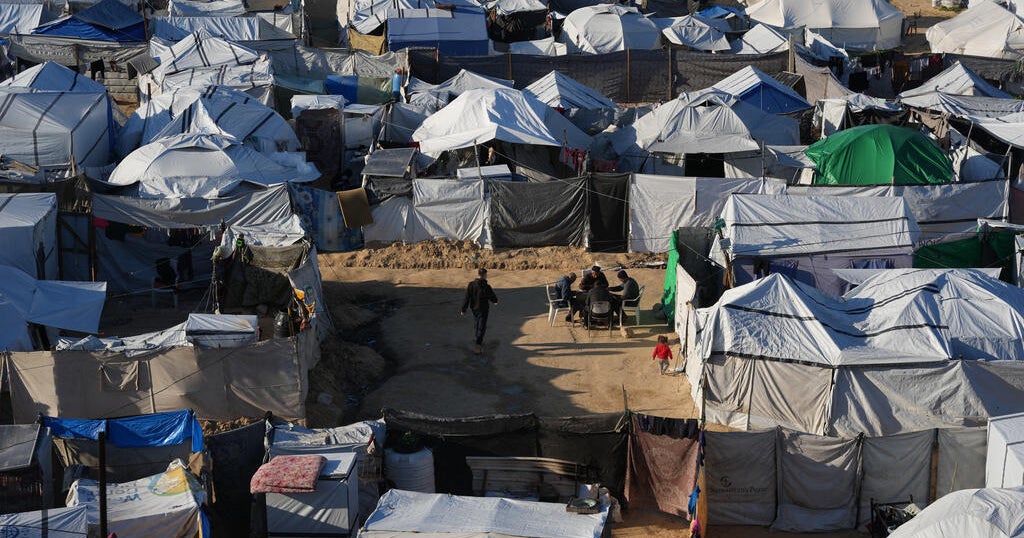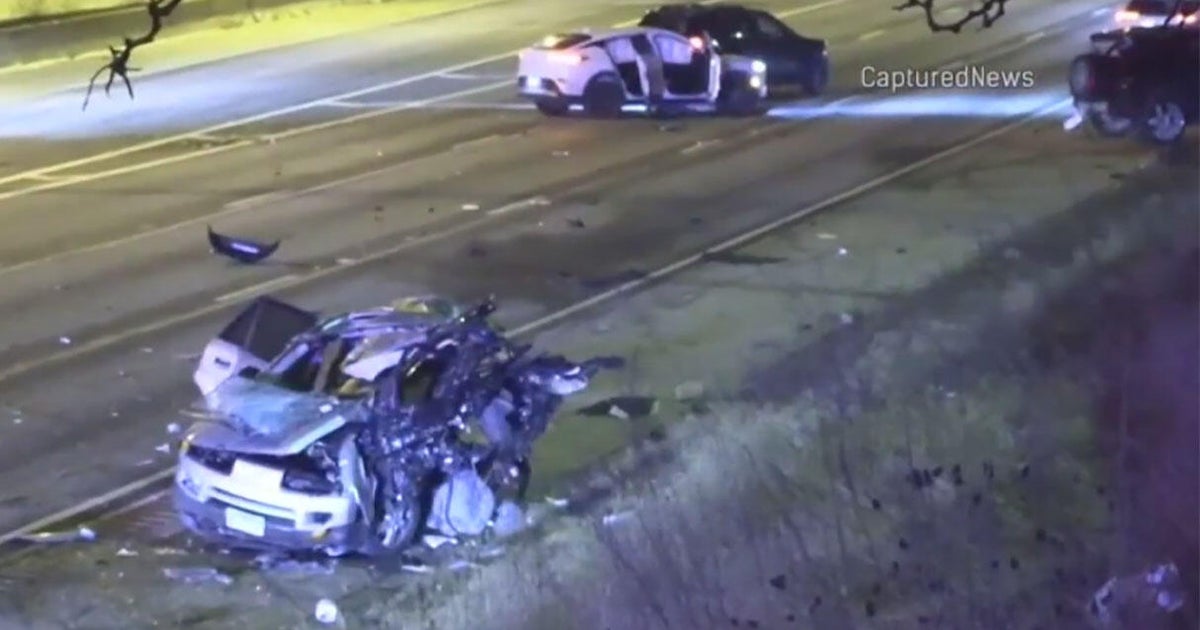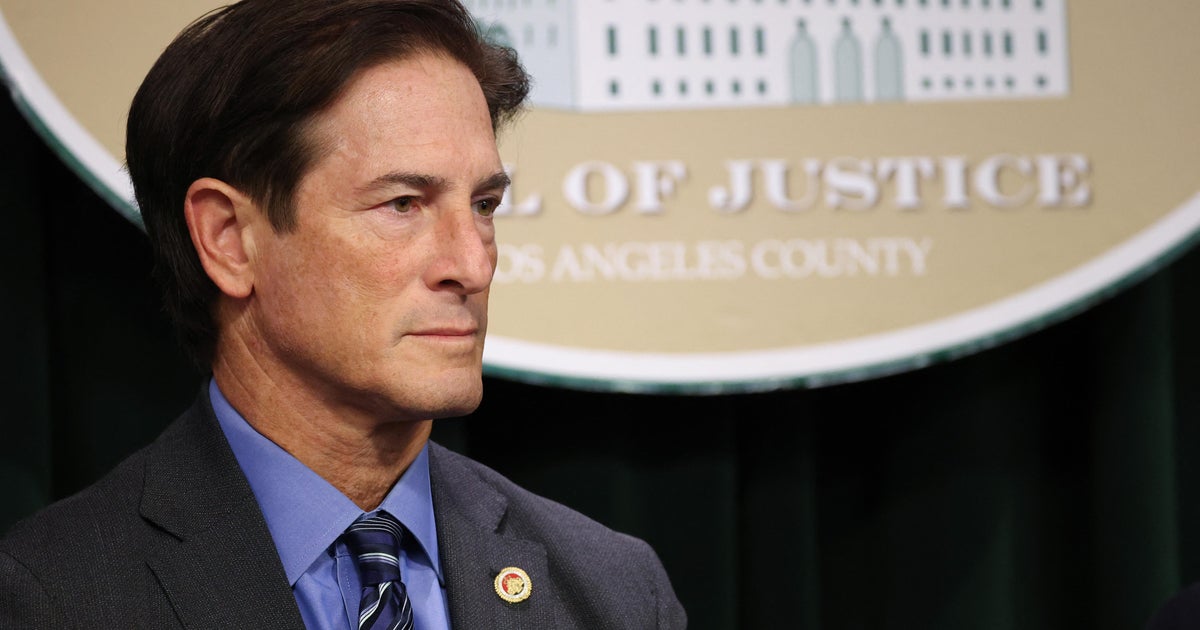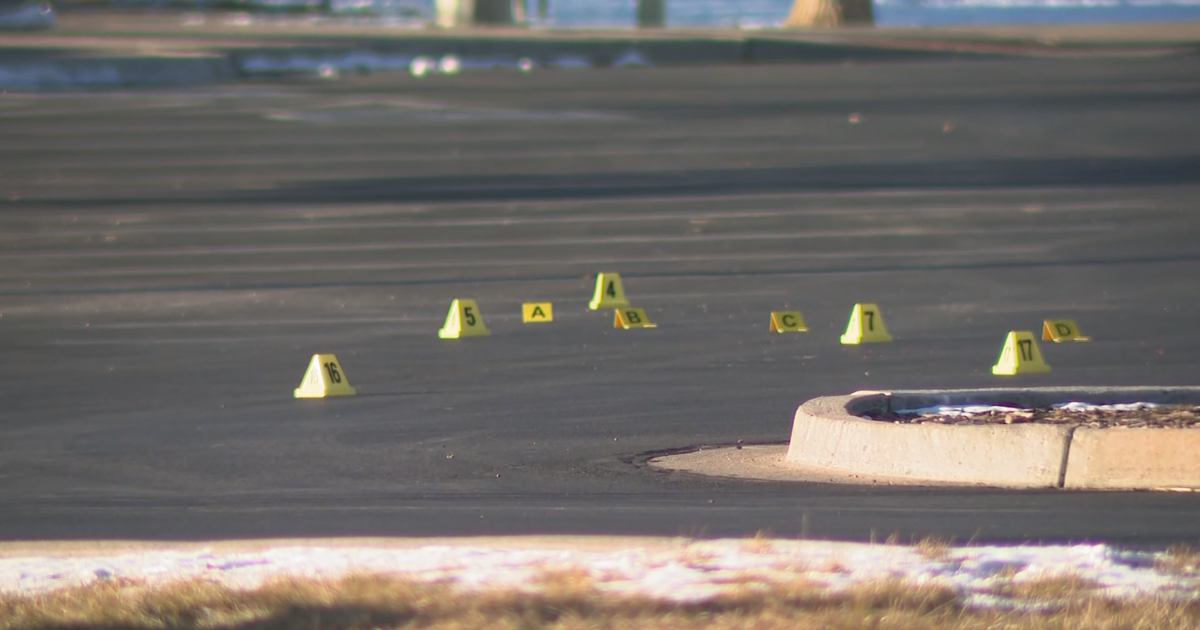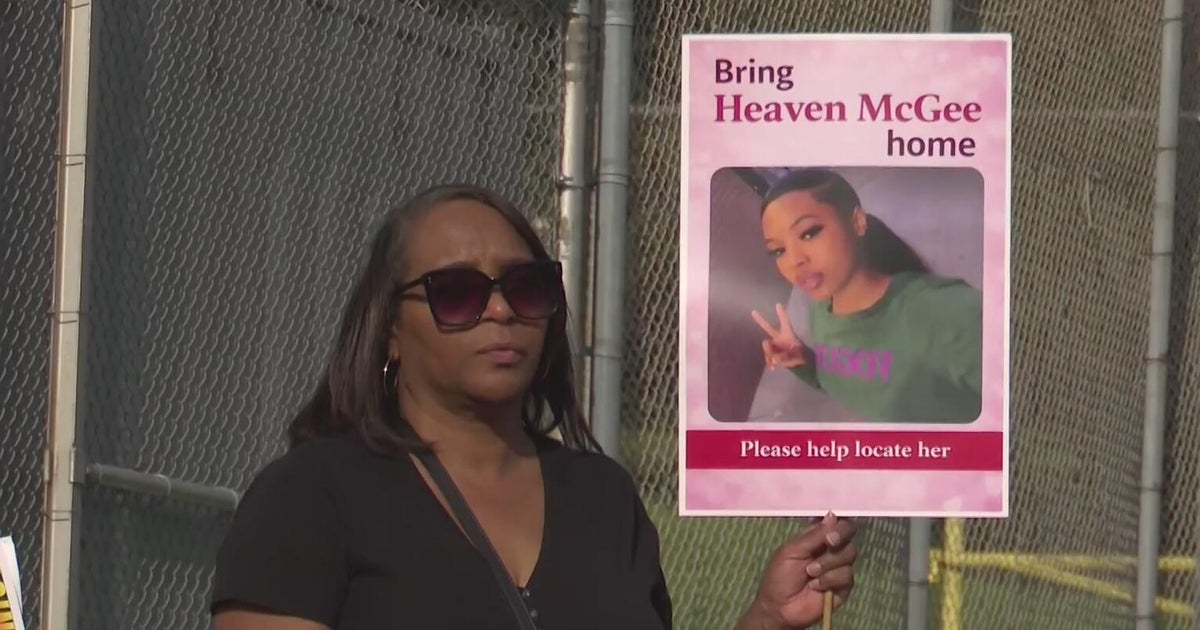Palestinian families in Chicago area in distress over relatives amid deadly airstrikes
CHICAGO (CBS) – Israel's recent airstrikes in Rafah have many Palestinian Americans in distress, and some of them are waiting to hear from relatives who have fled the region, scrambling for shelter.
With cases and plenty of paperwork mounting at her desk, staying focused has been incredibly challenging for Fidaa Elaydi. Her mind, like many Palestinians around the world, is consumed with the images that continue to come out of Gaza.
"You know, every day, we sort of wake up anticipating the worst news and brace ourselves for that," Elaydi said.
The Bridgeview-based immigration attorney has several cousins, aunts, and uncles who were in Rafah when an Israeli airstrike over the weekend bombed a tent camp.
They fled just in time, but it was a grueling 48 hours before Elaydi could confirm they were OK.
"At this point, they are just expecting that their death will come soon," she said. "They understand that world powers are not interested in stopping this."
The deadly attack on the camp in Rafah sparked global outrage after 45 civilians were killed and hundreds more were injured, according to the Gaza Health Ministry. The images of the attack's aftermath prompted the U.N. and World Health Organization to reiterate their call for urgent humanitarian aid.
"My family is overwhelmingly children," Elaydi said. "And I don't know how their needs are being met."
The strike came two days after the International Court of Justice ordered Israel to end its military offensive in Rafah.
Israeli military attacks have killed nearly 36,000 Palestinians since the war began eight months ago, according to Gaza health officials. Around 80% of the population's 2.3 million people have fled their homes, severe hunger is widespread, and U.N. officials say parts of the territory are experiencing famine.
Hamas triggered the war with its Oct. 7 attack on Israel, in which its militants killed some 1,200 people, mostly civilians, and seized about 250 hostages. Hamas is still holding some 100 hostages and the remains of around 30 others after most of the rest were released during a cease-fire last year.
"If the bombing stops tomorrow, the deaths will continue on and on and on," said Dr. John Kahler of MedGlobal, a Chicago-based organization that provides emergency response and health programs to areas in disaster.
Chicago area faith leaders and doctors who have been on the ground in Gaza also reiterated their calls for a cease-fire. They pressed the Biden administration to take more action and guidance from the U.N. Human Rights Council, which has found "reasonable grounds" that Israel is committing genocide in Gaza.
"This is a man-made disaster," said Ahmed Rehab, the executive director of the Council of American-Islamic Relations.
While Elaydi's relatives found refuge at another tent camp in southern Gaza, she said she's clinging to hope for the future.
"It's a global obligation now to make amends and help make Gaza whole again," she said.
